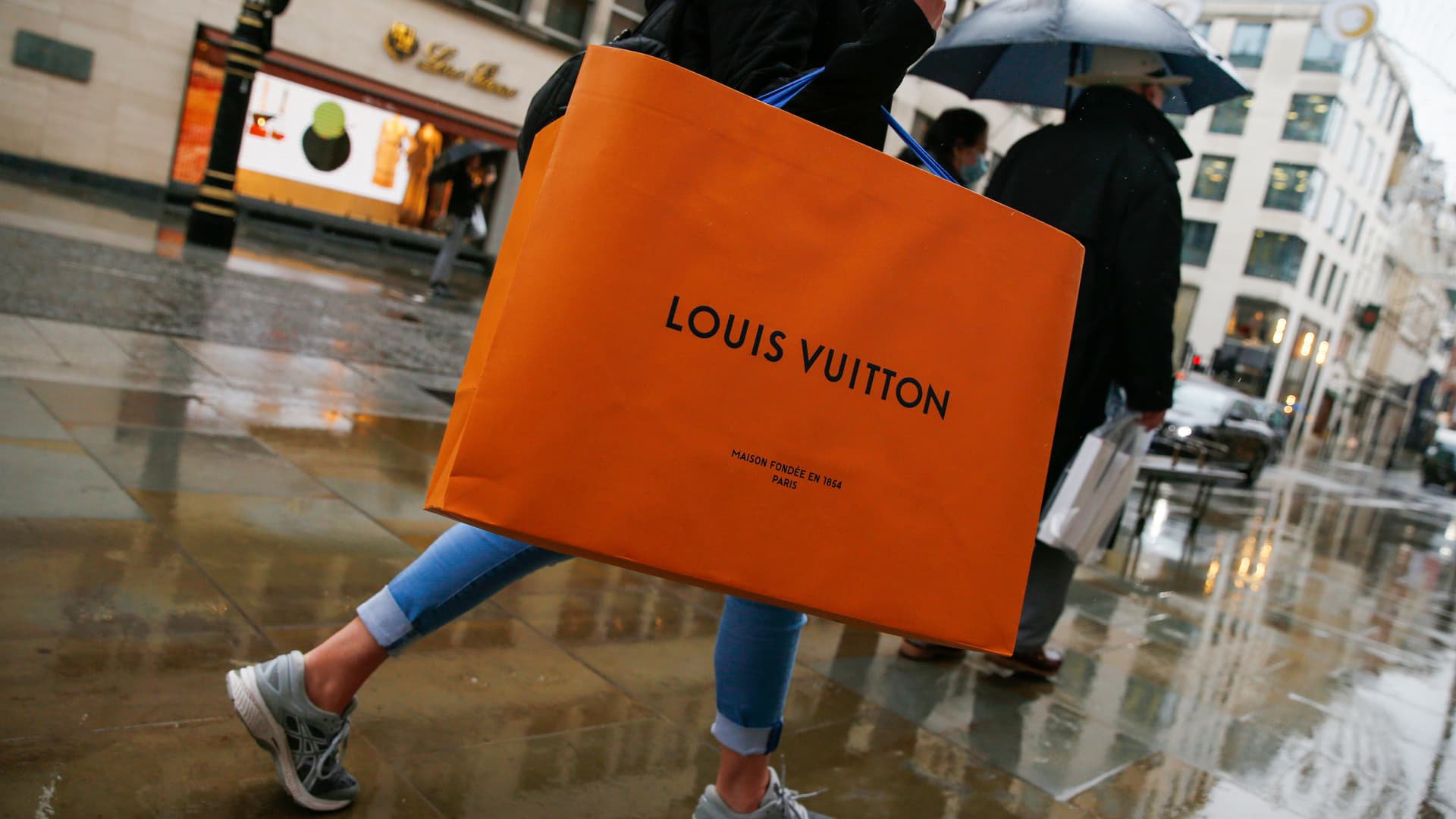Prices for food, gas and travel have soared over the past year – but the rich appear to be shrugging it off and are still fueling sales at luxury companies, where sneakers can go for $1,200 and sports cars easily top $300,000.
Companies that cater to the ultra-rich, including Ferrari and the parent companies of Dior, Louis Vuitton and Versace, are reporting strong sales or hiking their profit forecasts. The upbeat results come even as recessionary fears hang over the economy, with Walmart, Best Buy, Gap and others slashing their financial outlooks, citing a pullback in spending among lower-income consumers squeezed by inflation.
The unflagging strength in the luxury category is in line with past economic slowdowns, experts say, with the rich often being the last to feel the effects because of the cushion their extreme wealth provides. Among the jet set, the continued spending also signals how pricey purchases often serve as status symbols.
“Having symbols of power within your tribe is a powerful thing,” said Milton Pedraza, founder and CEO of Luxury Institute, a market research and business management firm. “Those symbols of power still matter tremendously within the tribes of the ultra-wealthy.”
Louis Vuitton, for example, offers a pair of sneakers for $1,230, as well as a bag that costs $2,370. The high-fashion brand’s parent company LVMH, which also owns Christian Dior, Fendi and Givenchy, reported organic revenue growth of 21% to 36.7 billion euros ($37.8 billion) in the first half of 2022 compared to a year ago.
At Versace, where the price tag for a pair of shoes or collared shirt can easily top $1,000, quarterly revenue rose nearly 30% to $275 million from a year ago when stripping out the effect of currency movements. Its parent company Capri Holdings, which also owns Michael Kors and Jimmy Choo, said overall revenue rose 15% to $1.36 billion for the period.
Despite the broader economic uncertainties, Capri CEO John Idol said the company remains confident in its long-term goals because of the “the proven resilience of the luxury industry.”
“None of us know what’s going to happen in the back half of the year with the consumer, but it appears that the luxury industry is quite robust and quite healthy,” Capri said during an earnings call this week.
Earlier this month, Italian supercar maker Ferrari also boosted its guidance for the year after revenue hit a record 1.29 billion euros ($1.33 billion) in its second quarter. The 75-year-old automaker’s 2022 Ferrari 296 GTB, which has plug-in hybrid capabilities, starts at $322,000, according to Car and Driver, while its 2022 Ferrari 812 GTS starts at around $600,000. Even used Ferraris are selling for hundreds of thousands of dollars.
Outside the luxury world, some companies are also noting strength in more expensive options. Delta Air Lines, for example, cited stronger revenue recovery for offerings such as business class and premium economy, compared with its other coach tickets.
Though the luxury industry has always had a degree of resiliency, the growing wealth disparity fueled by the pandemic is adding to the sector’s current strength, said Amrita Banta, managing director of Agility Research & Strategy, which specializes in affluent consumers.
“The disposable income of most affluent and HNW (high net-worth) consumers has increased because less was spent on travel,” she said.
Additionally, she said there’s been a cultural shift since the recession in 2008 and that high net worth consumers today are less guilty about spending in a slowdown, and “feel entitled to spend their wealth.” She said that’s partly a reflection of people in developing countries, where wealth is growing.
Luxury companies might be noticing a spending slowdown among the 80% of their customers who are “nearly affluent,” said Pedraza of the Luxury Institute. But he said those consumers typically account for about 30% of sales.
Instead, he said luxury brands often count on just 20% of its clientele − the ultra-wealthy and very wealthy — for the majority of their sales. And since that cadre is far more inflation and recession-resistant, luxury companies tend to experience a slowdown last, he said.
“The type of clients and the amount of sales they account for in true luxury brands makes them super resilient,” he said. “Not immune, but super resilient.”
